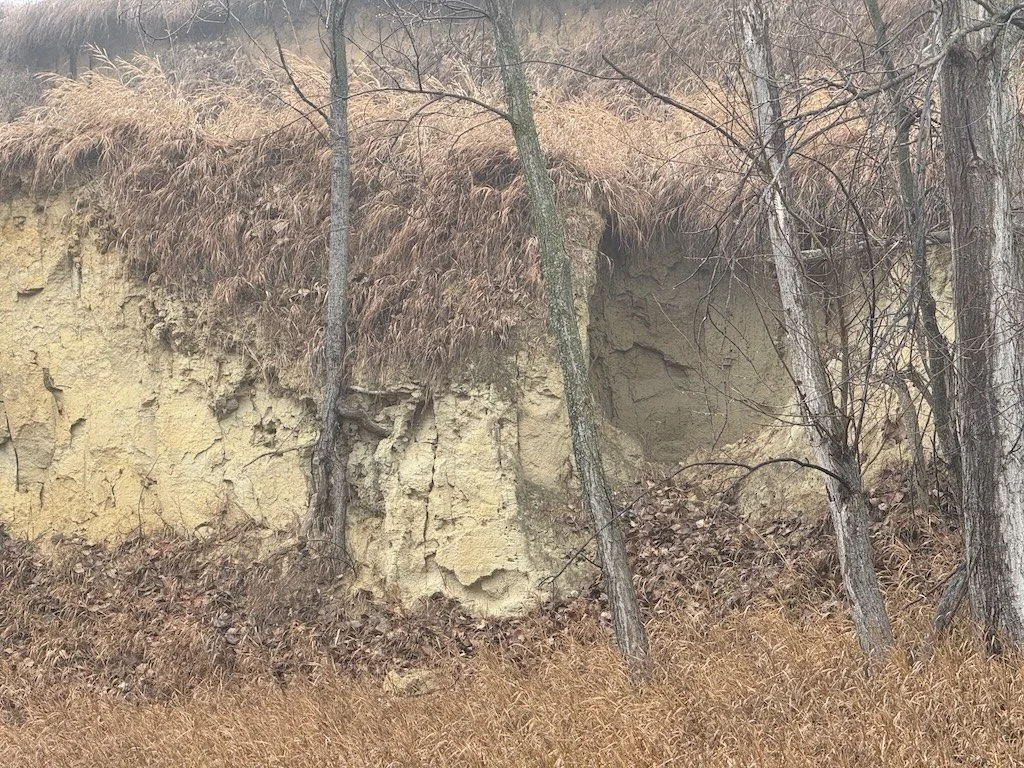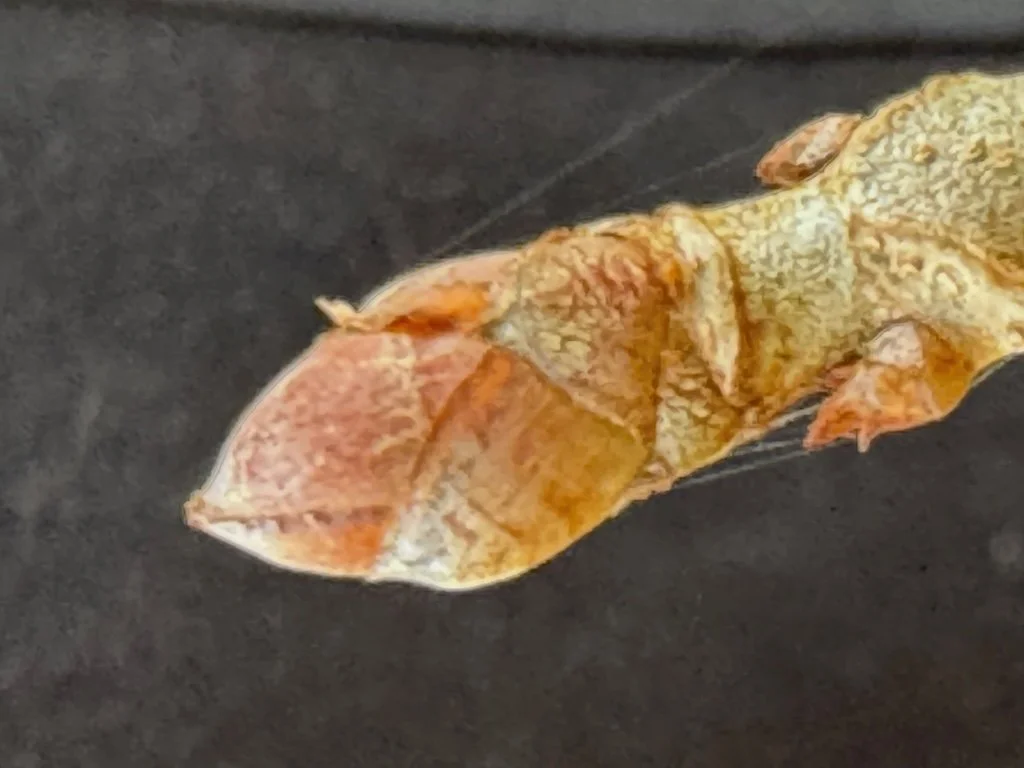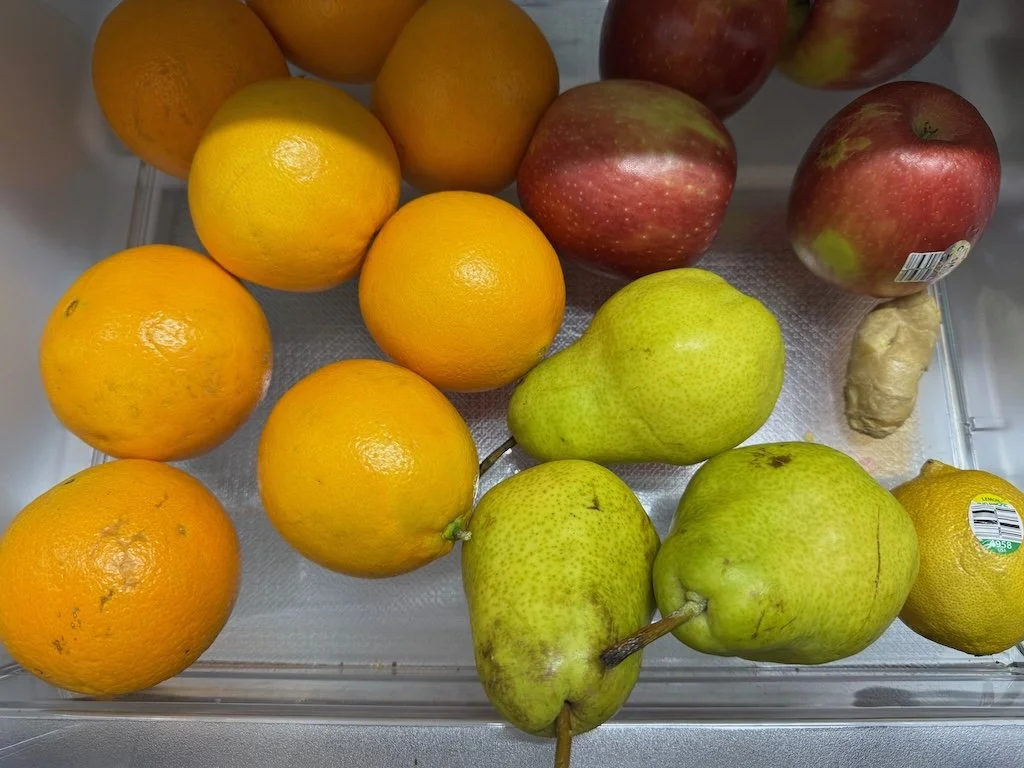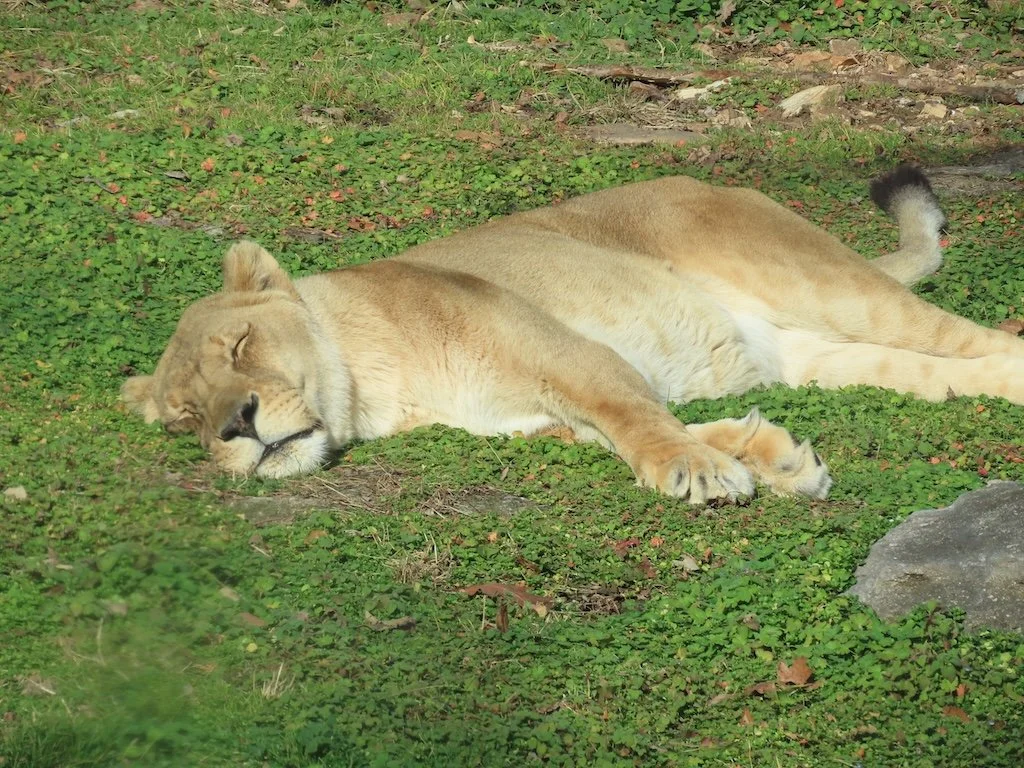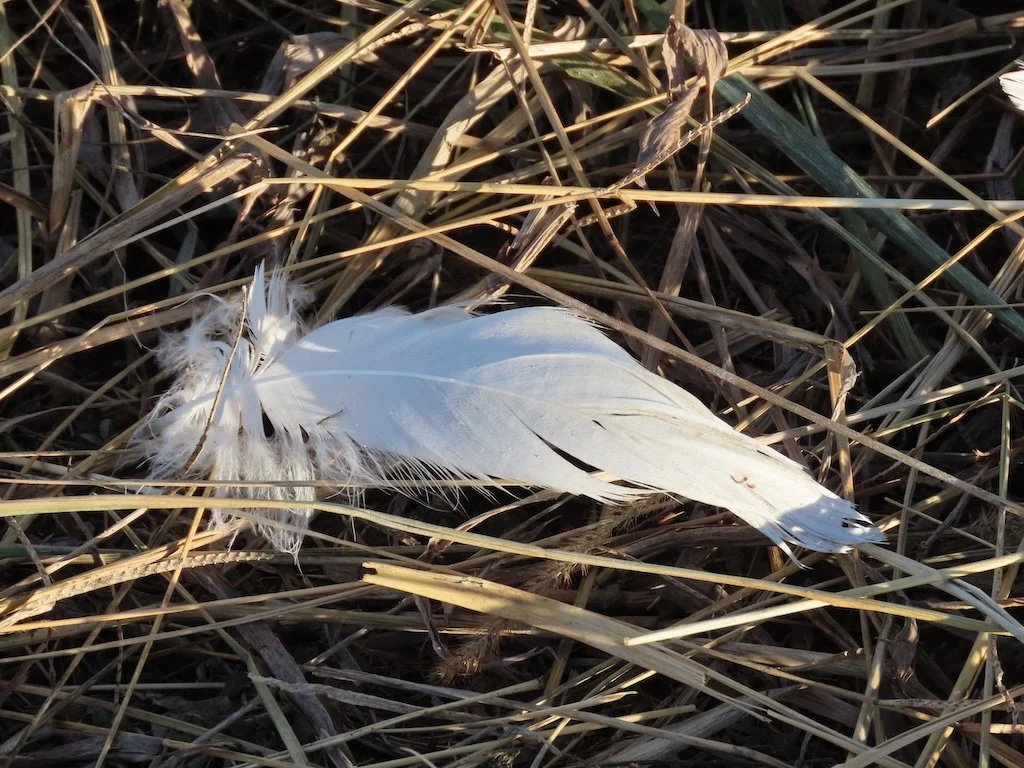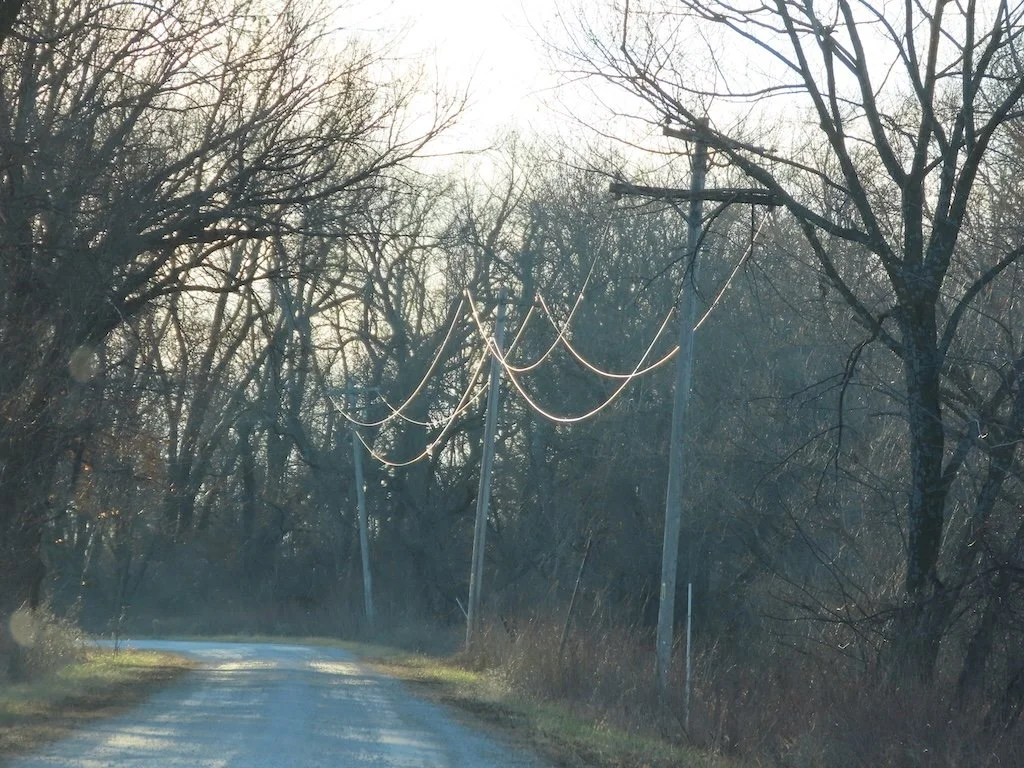Gleanings of the Week Ending July 5, 2025
/The items below were ‘the cream’ of the articles and websites I found this past week. Click on the light green text to look at the article.
See the Face of a 10,500-Year-Old Woman, Reconstructed by Archaeologists and Artists – Based on well-preserved ancient DNA.
Rare, Mind-Bending M.C. Escher Works Are Up for Auction - Escher was a skilled artist who seamlessly bridged the worlds of art, mathematics, and science in the mid-20th century. Today, his influence remains as important as ever, with a fascinating body of work that continues to mesmerize and inspire minds across the world.
As Wind and Solar Grow, China Ships More Coal Overseas - Analysts say the era of “more renewables, more coal” in China is over, with solar and wind now set to displace coal, rather than supplement it. Even under conservative assumptions coal generation in China could soon peak and enter structural decline.
Work, wages and apprenticeships: sifting for clues about the lives of girls in ancient Egypt - Elephantine, a town at Egypt’s southern frontier near modern-day Aswan, provides a unique window into the urban life of some girls who worked in textile workshops during the ancient Egyptian Middle Kingdom, which dates approximately 2030–1650 BCE. Girls received payment for their labor. It also suggests a structured apprenticeship system where young girls (and boys) worked alongside experienced craftswomen. Historians must always look beyond elite contexts to incorporate diverse evidence types – administrative documents, archaeological remains, and artistic representations – to construct a more complete picture of ancient lives.
Earth’s Clouds on the Move - Clouds are common on Earth, but they are ephemeral and challenging to study. Remote sensing has helped scientists tremendously by enabling consistent, global tracking of the elusive features, even over inaccessible areas like the poles and open ocean. Two published studies: 1) Where storm clouds form has changed. The implications for the climate are significant: This has added a large amount of warming to the system. 2) The shift in storm clouds increased the amount of energy absorbed by the oceans by about 0.37 watts per square meter per decade—a substantial amount on a planetary scale. Big question: What has caused the reduction in reflective storm clouds and whether the trend will continue.
Sinkhole Exposes Remnants of Medieval English Hospital - Walls hidden just beneath the city streets that once belonged to the twelfth- or thirteenth-century St. Leonard’s Hospital. The institution was built just after the Norman conquest and replaced the earlier St. Peter’s Hospital, which was founded by the Anglo-Saxon King Aethelstan. It was a place for caring for the unwell, elderly, and the condemned, but also served as an orphanage, helped feed the poor, and provided meals for the prisoners in York Castle. The hospital was destroyed during the Reformation under the reign of Henry VIII.
Lightning Strikes the Arctic: What Will It Mean for the Far North - A warmer world is expected to bring more thunderstorms, especially at higher latitudes. Scientists are now reporting a dramatic surge in lightning in the Far North and are scrambling to parse how this could affect wildfires, the chemistry of the atmosphere, and Arctic ecosystems.
Scavenger Animals Are in Trouble, and That Could Spell Bad News for Human Health - Scavengers are in trouble—and their decline could be harmful to human health. Half of the 17 obligate scavenger species included in the study are considered “vulnerable” or “critically endangered” by the IUCN. When they are reduced in numbers or disappear, some smaller, occasional scavengers are proliferating. These creatures, such as rodents and feral dogs, tend to transmit diseases to humans.
How do sleep trackers work, and are they worth it? A sleep scientist breaks it down - Most modern sleep trackers do a decent job of estimating your total sleep each night. Some are more accurate for sleep staging, but this level of detail isn’t essential for improving the basics of your sleep. Focus on improving your healthy sleep strategies and pay attention to how you feel during the day.
Is an apple a day really good for your health? - Eating an apple a day is great– but only if that is part of a diet rich in various other plant-based foods, since that is a key driver of good health.


